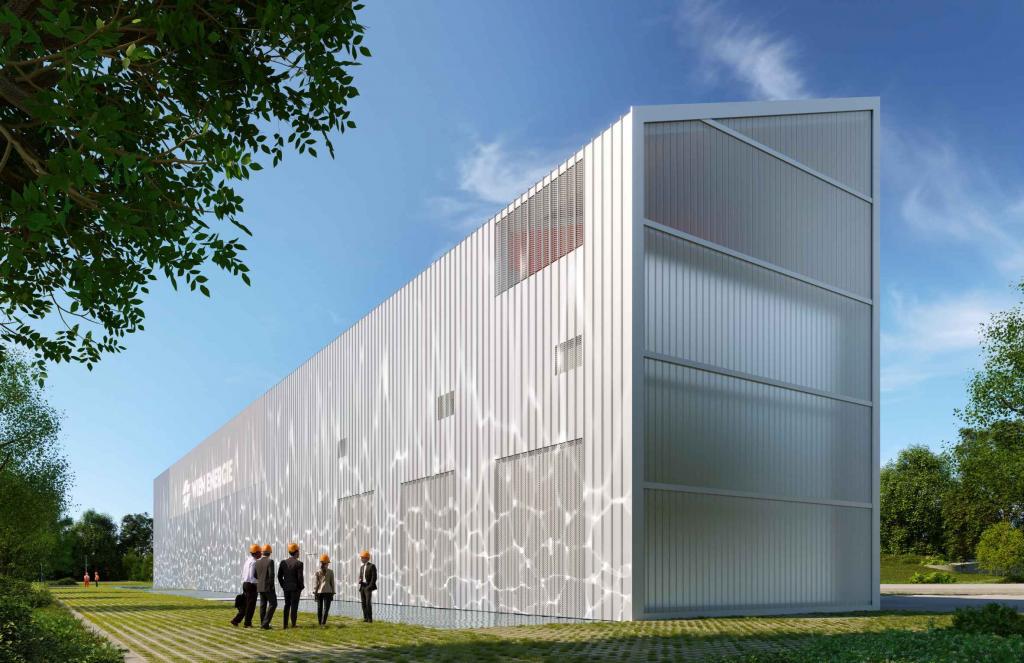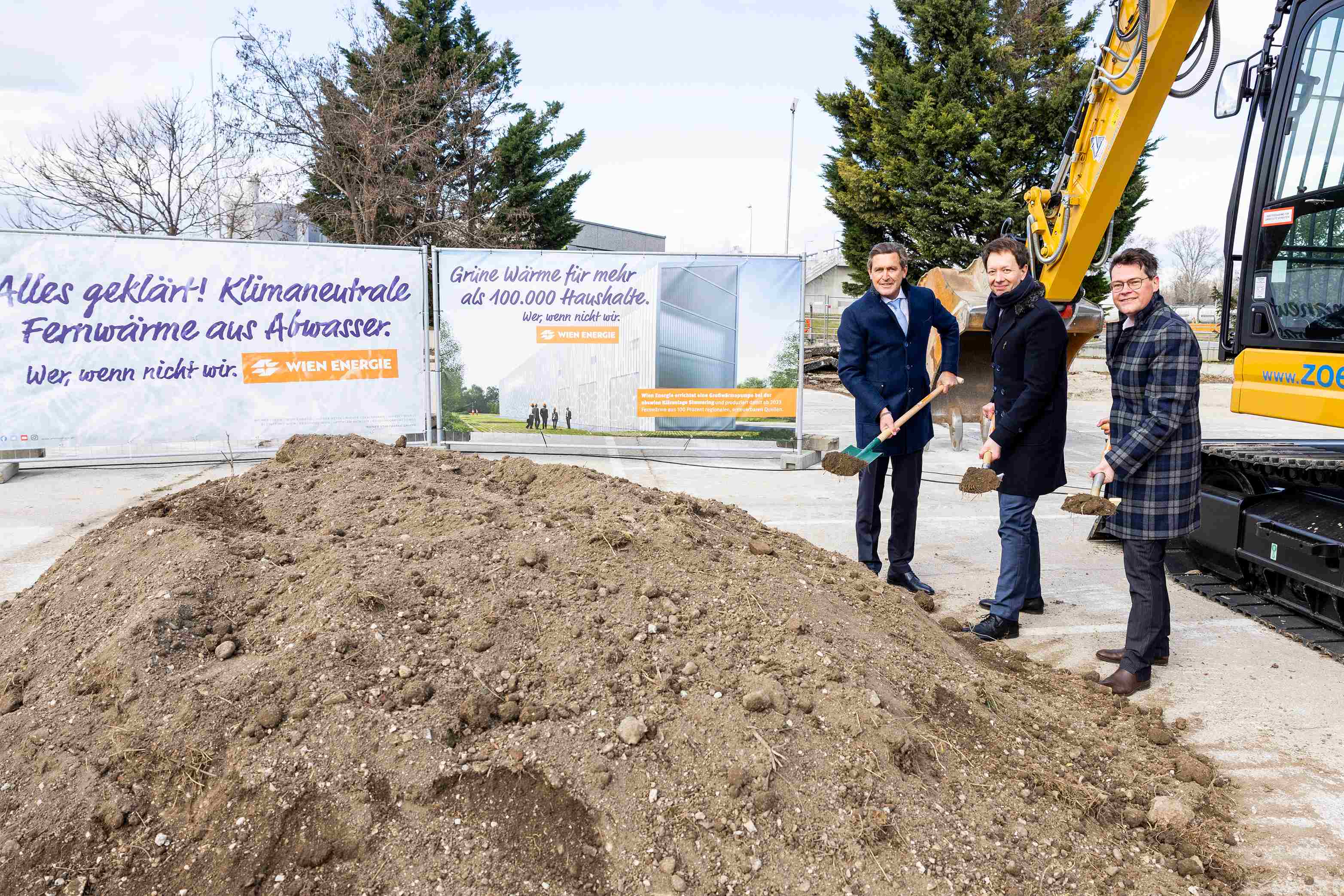Thessaloniki gets ready for its metro launch in November
The underground rapid transit lines have been under construction for almost two decades due to various project delays
 TheMayor.EU logo
TheMayor.EU logo 
The new waste water heat pump will cost 70 million euros, but is estimated to save up o 300,000 tones of CO2 annually , Source: City of Vienna
The new large scale heat pump will be able to supply more than 100,000 homes with warmth
Last week, authorities in Vienna announced the construction of a new sewage water heat pump capable of powering more than 100,000 households. The first stage of the project is set to complete in 2023 and it is able to produce 55 megawatts from wastewater, the equivalent of heating 56,000 households. According to authorities, the plant will be complete in 2027, with a capacity to produce 110 megawatts of energy, powering around 112,000 households.
When fully complete, the project will cost 70 million euros and is expected to save the city around 300,000 tons of CO2 annually. It is also expected to greatly increase the share of Vienna’s district heating powered by renewable energy.
The new large scale wastewater heat pump in Vienna will be powered by renewable energy from the nearby hydropower plant in Freudenau. At the same time, it will capitalise on the heat that is already being produced through wastewater purification.
According to the city, the state of the art circular facility will be able to extract around 6 degrees Celsius of heat out of the water. Then, it can use that heat to generate a temperature of around 90 degrees Celsius and use it to heat the water going into Vienna’s district heating system.
Currently, the Austrian capital has one of the largest heating systems in Europe. With a length of more than 1,300 kilometres, it services around 420,000 households. The city estimates that it saves around 1.5 million tonnes of CO2 annually.
 L-R: City Councilor Peter Hanke, Klaus Gruber, Managing Director of Wien Energie,
L-R: City Councilor Peter Hanke, Klaus Gruber, Managing Director of Wien Energie,
Climate Councilor Jürgen Czernohorszky at the groundbreaking ceremony for the heat pump,
Source: City of Vienna
At the same time, a good 50% of the system is powered by waste heat: from power plants, waste incineration, industrial waste heat and biomass. A small portion of that comes from renewable sources like geothermal and solar thermal. However, Wien Energie, the public company operating the system, says it plans to power all of it with renewables by 2040.
Furthermore, the city has pledged to be climate-neutral by 2040. According to Climate Councillor Jürgen Czernohorszky, this large scale heat pump is already an eco-project due to the fact that it will be powered with renewables.

The underground rapid transit lines have been under construction for almost two decades due to various project delays

Now you can get your wine in Talence by paying directly in Bitcoin

That’s because the state has to spend money on updating the railway infrastructure rather than subsidizing the cost of the popular pass

Rethinking renewable energy sources for the urban landscape

The examples, compiled by Beyond Fossil Fuels, can inform and inspire communities and entrepreneurs that still feel trepidation at the prospect of energy transition

Now you can get your wine in Talence by paying directly in Bitcoin

The 10th European Conference on Sustainable Cities and Towns (ESCT) sets the stage for stronger cooperation between the EU, national and local level to fast track Europe's transition to climate neutrality.

At least, that’s the promise made by the mayor of Paris, Anne Hidalgo

The underground rapid transit lines have been under construction for almost two decades due to various project delays

At least, that’s the promise made by the mayor of Paris, Anne Hidalgo

Hostal de Pinós is located in the geographical centre of the autonomous region

Despite its church-y name, the district has long been known as the hangout spot for the artsy crowds

Urban dwellers across the EU are having a say in making their surroundings friendlier to people and the environment.

Forests in the EU can help green the European construction industry and bolster a continent-wide push for architectural improvements.

Apply by 10 November and do your part for the transformation of European public spaces

An interview with the Mayor of a Polish city that seeks to reinvent itself

An interview with the newly elected ICLEI President and Mayor of Malmö

A conversation with the Mayor of Lisbon about the spirit and dimensions of innovation present in the Portuguese capital














